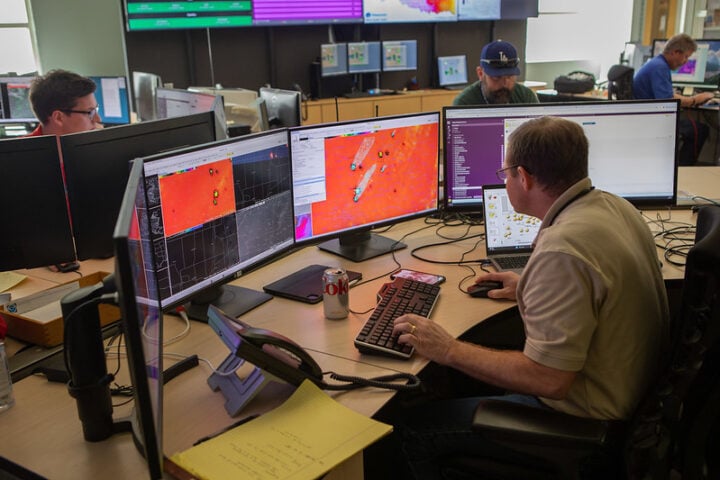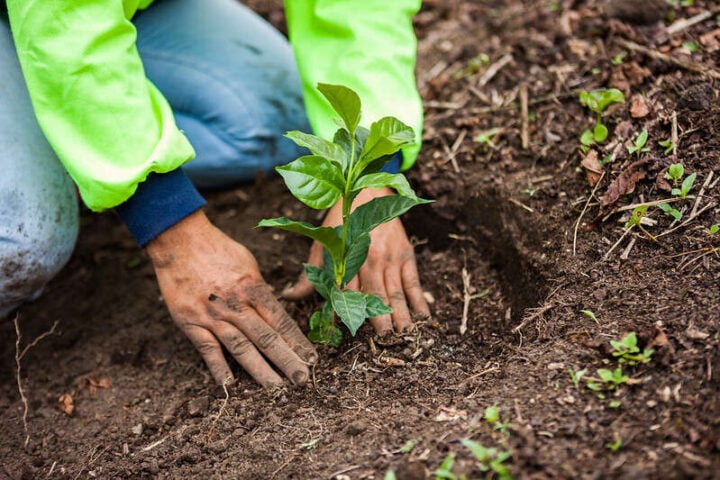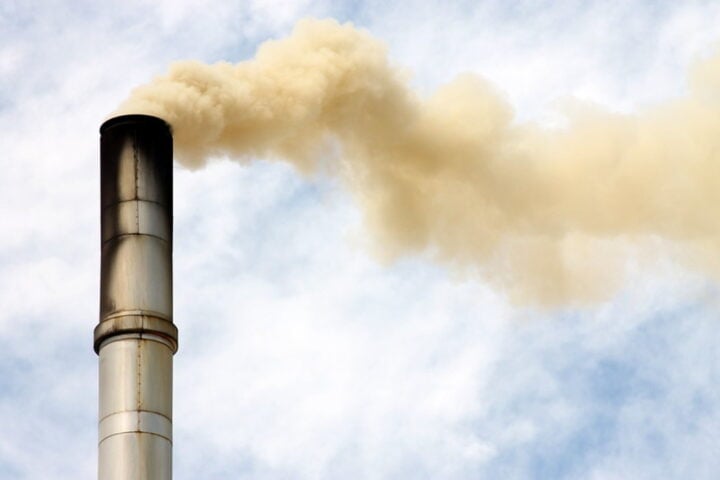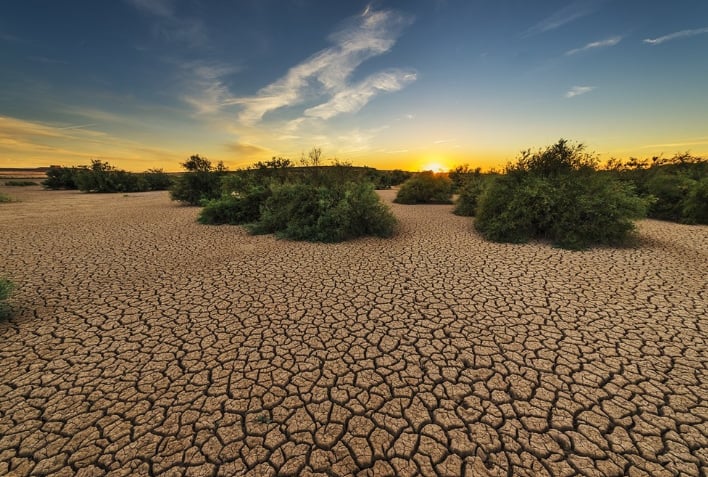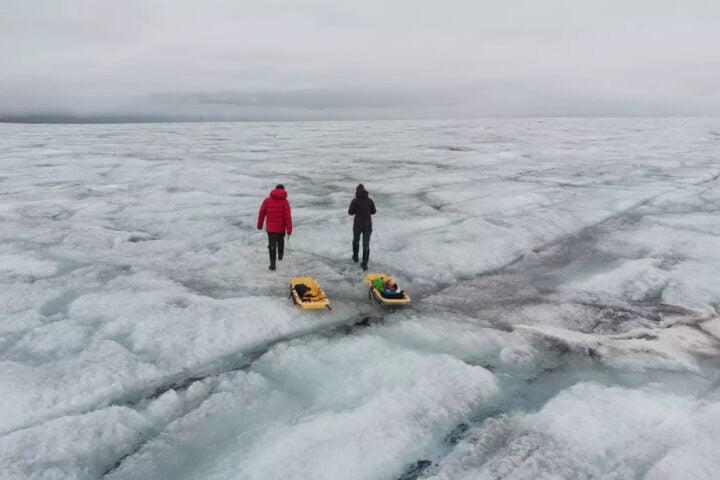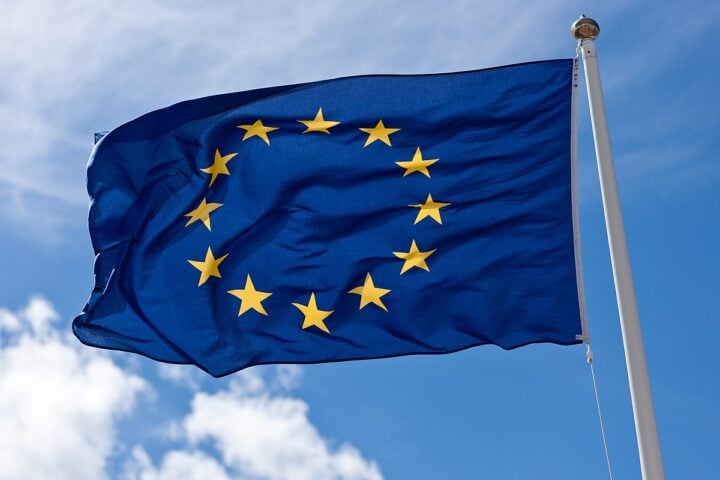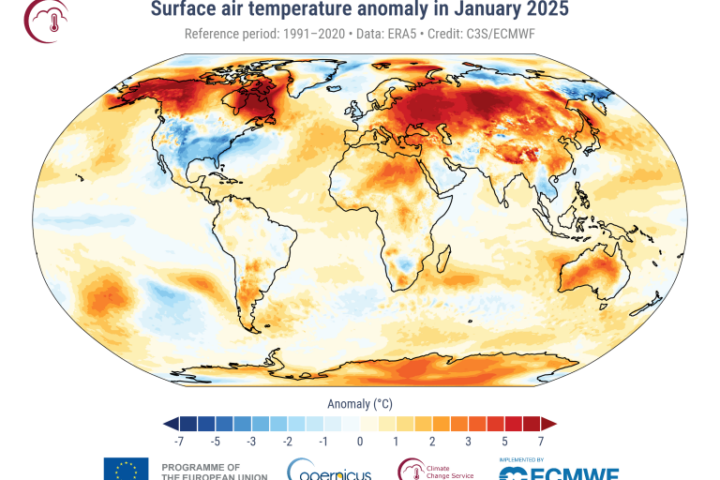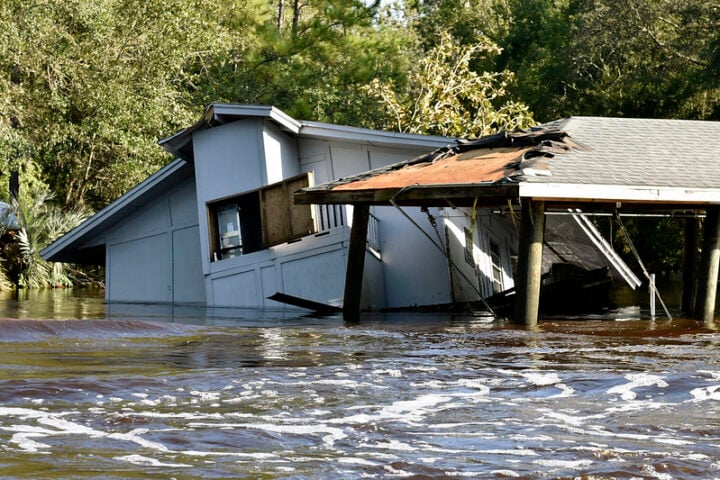Hawaiian Airlines has committed to achieving net-zero greenhouse gas emissions by 2050. HA has detailed a clear roadmap to follow to reach the goal. Adopting sustainable aviation fuel, fleet modernisation, new aircraft technologies, & best operational practices are some of the steps that will be taken by the HA.
HA has committed to several intermediate steps, including lowering life-cycle jet fuel emissions, replacing 10% of conventional jet fuel with SAF by 2030, improving fuel efficiency, & conserving jet fuel through operational initiatives. The HA has recently announced it will buy 50 million gallons of SAF from biofuel company Gevo, Inc.
It’s recognised by HA that producing SAF locally is vital & is collaborating with fuel producers & & federal governments to meet the decarbonization goals.
A relatively young fleet of HA includes 18 Airbus A-321N, 24 A330-200s, & 19 Boeing 717-200s. The biggest contributor to reducing jet fuel emissions, which constitute the vast majority of the HA’s GHG footprint, will be SAF.
The commitment of the HA is to lower life-cycle jet fuel emissions intensity per revenue ton-mile by 45% by 2035. It ‘s the commitment of HA to replace 10% of conventional jet fuel with SAF by 2030. The HA plans to improve fuel efficiency per available seat mile by 4% by 2028.
Conserving 3 million gallons of jet fuel through operational initiatives by 2028 is the goal of the HA. Partnering with Par Hawaii, the HA is studying the commercial viability of SAF production in Hawaii. The 12 Boeing 787-9 Dreamliners are being awaited by the HA, as they are expected to arrive later this year.
Advanced aerodynamics, a composite airframe, & new engines of the 787 would deliver around a 20% improvement in fuel efficiency. The company is an early investor in REGENT, a company developing a battery-electric-powered sea glider.
The HA sees great potential in the Seaglidee & is looking forward to exploring the technology to fulfill its vision of convenient, comfortable, & environmentally sustainable inter island transportation.
President & CEO of HA, Peter Ingram, said that becoming a net-zero carbon airline is a challenge, but the company is excited about the progress it is making & the commitments it has made to reach its goals.



